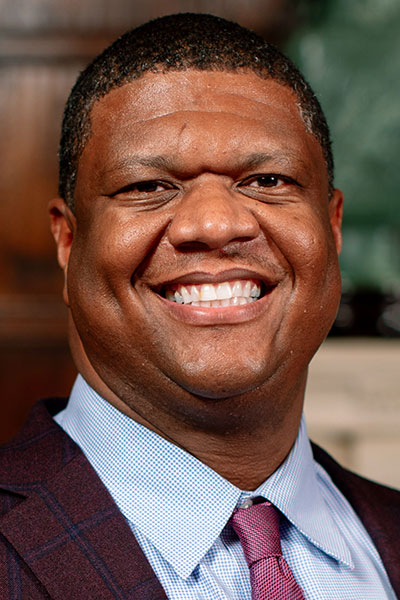
From addressing unprofessional behavior in the workplace to dealing with challenging interactions with patients and their families or caregivers, health care professionals commonly find themselves faced with difficult conversations.
An interactive panel discussion, Difficult Conversations: A Scenario-Based Session, will offer tips and strategies for handling difficult interpersonal communication in different scenarios. The session will take place on Monday, October 17, from 11:00 am – 12:00 pm, in Room 208A.
“There are a lot of communication challenges that can occur in the health care setting, and particularly in the critical care setting, these challenges can negatively impact patient outcomes and medical team dynamics,” said Session Chair, Demondes Haynes, MD, FCCP, professor of medicine, division of pulmonary and critical care, and associate dean for medical school admissions at the University of Mississippi Medical Center.
During the session, panelists will present three commonly encountered scenarios to demonstrate the importance of effective communication in difficult clinical and workplace situations.
“Some of these situations will occur in teaching or training settings, perhaps involving an attending physician and a fellow, and some will take place in the health care setting, such as trying to communicate with a patient or their family member who is making it difficult to do your job,” Dr. Haynes said. “In these and other situations, there are strategies and approaches that we know work, and we hope to highlight them through specific situational scenarios in this session.”
- Scenario 1: Panelists, Mauricio Danckers, MD, FCCP, of Aventura Hospital and Medical Center, and Nneka Sederstrom, PhD, MPH, FCCP, of Hennepin Healthcare, will demonstrate a structured debriefing with a trainee regarding unprofessional behavior (microaggression).
- Scenario 2: Ashley Egan, MD, of the Mayo Clinic, and Gabriel Bosslet, MD, FCCP, of Indiana University, will demonstrate how a health care worker can provide systematic feedback to a supervisor regarding inappropriate behavior (workplace violence).
- Scenario 3: J. Shirine Allam, MD, FCCP, of Emory University, and Megan Conroy, MD, MAEd, FCCP, of The Ohio State University Wexner Medical Center, will demonstrate how to handle difficult conversations with patients and/or their family, specifically how to explain evidence-based medicine to a misinformed patient or caregiver using simple verbiage.
“This is not going to be a traditional didactic session,” Dr. Haynes said. “We want to show people, using realistic scenarios, that there are effective communication skills and strategies that can improve patient care and can improve workplace experiences. I think people who attend this session will really take away good discussion points and a good skill set for handling difficult discussions in challenging situations.”
Join us at CHEST 2025
Save the date for the next Annual Meeting, October 19 to 22, 2025, in Chicago. CHEST 2025 will explore the latest advancements in pulmonary, critical care, and sleep medicine, with a focus on innovation and the future, just as the city itself embodies progress and reinvention.





